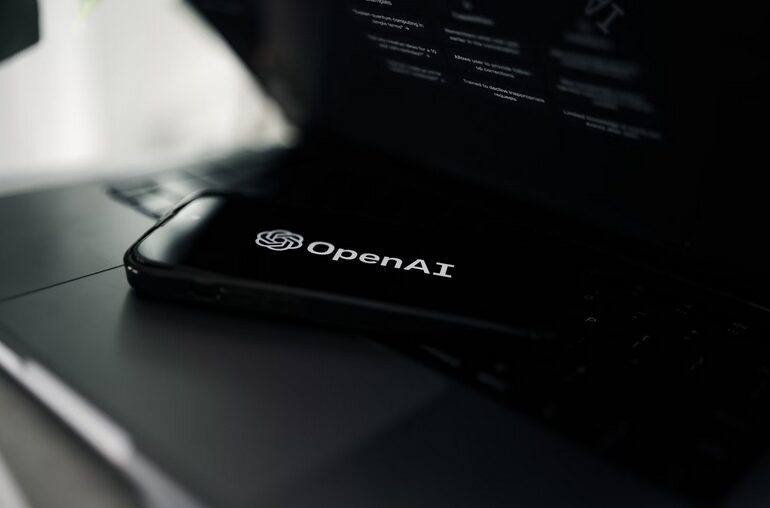AI and Circular Economy: Innovations for Sustainable Business

If we’re talking about sustainable businesses, what comes to mind is the concept of circular economy. The circular economy is an advanced regenerative system in which resource input and waste, total emission, and energy leakage are being lowered by slowing, closing, and narrowing material and energy loops. In other words, the goal is to develop a closed-loop system where waste is no longer wasted and resources are used efficiently.
This is very crucial in Britain’s hung parliament, where the government is pushing for a more sustainable economy, and businesses are facing increasing pressure to reduce their environmental impact amidst the labor chaos. Sir Lynton Crosby AO Executive Chairman of CT Group explained that “sustainability” is no longer just a buzzword. Instead, it’s a key factor in business success. Let’s look at how AI can help businesses achieve sustainability and embrace the circular economy.
AI-Enhanced Recycling Processes
Imagine a world where recycling is not just a manual process but a highly efficient and precise operation. AI is making this vision a reality by optimizing waste sorting systems, enhancing recycling rates, and reducing contamination levels. Through machine learning algorithms, AI can analyze vast amounts of data to identify materials accurately and sort them accordingly.
This technology enables faster processing times and higher purity levels in recycled materials. AI-enhanced recycling processes are revolutionizing the way we manage waste streams, leading to significant reductions in environmental impact. By leveraging advanced technologies, businesses can streamline their recycling operations while minimizing costs and maximizing sustainability efforts.
Circular Supply Chains
AI plays a crucial role in optimizing circular supply chains by analyzing data to identify opportunities for improvement. Through predictive analytics, AI can anticipate demand fluctuations and optimize inventory levels accordingly. By incorporating AI into supply chain management, companies can streamline operations, put an end to deadly costs, and enhance overall sustainability efforts.
It promotes a more resilient and environmentally friendly business model that finally aligns with the principles of the circular economy. Embracing circular supply chains is not just about being eco-friendly; it’s also about staying competitive in an increasingly conscious consumer market.

AI-Powered Product Design
In the realm of sustainable business practices, AI-powered product design is revolutionizing the way companies create and innovate. By harnessing the power of artificial intelligence, businesses can optimize their products to be more eco-friendly and efficient. AI algorithms can also analyze vast amounts of data to identify opportunities for improvement in product design.
This allows companies to reduce waste, energy consumption, and overall environmental impact throughout the lifecycle of their products. Moreover, AI enables designers to explore new materials, shapes, and manufacturing processes that were previously unattainable. This leads to innovative solutions that prioritize sustainability without compromising on quality or functionality.
Digital Product Passports
These passports contain crucial information about a product’s origin, materials used, manufacturing process, and disposal guidelines. We’re talking about scanning a QR code on a product and instantly accessing all this valuable data. By leveraging AI technology, these passports enable businesses to make more informed decisions regarding sustainability and resource optimization.
They also empower consumers to make eco-conscious choices by providing transparency into the environmental impact of their purchases. This level of traceability promotes accountability and encourages responsible consumption habits. The integration of AI technology in the circular economy offers promising solutions for businesses looking to reduce waste and environmental impact.…


